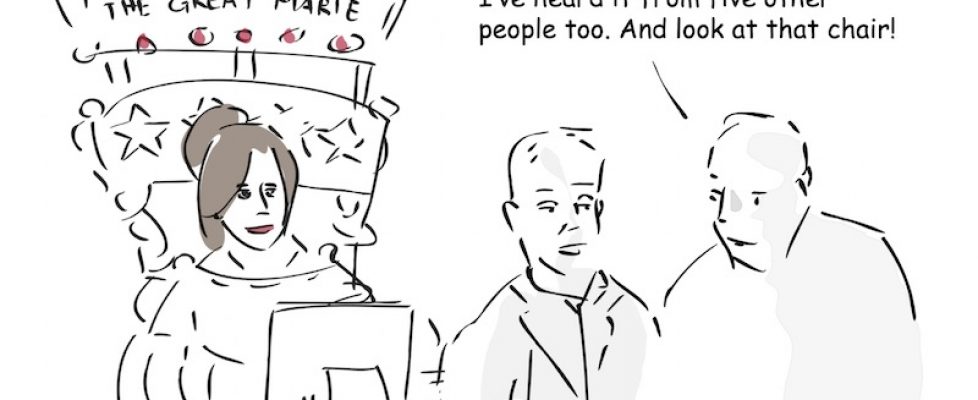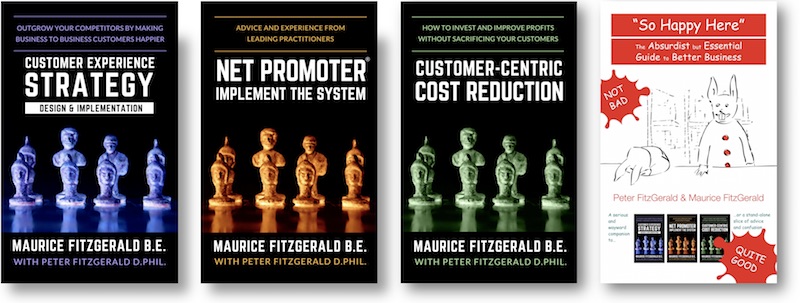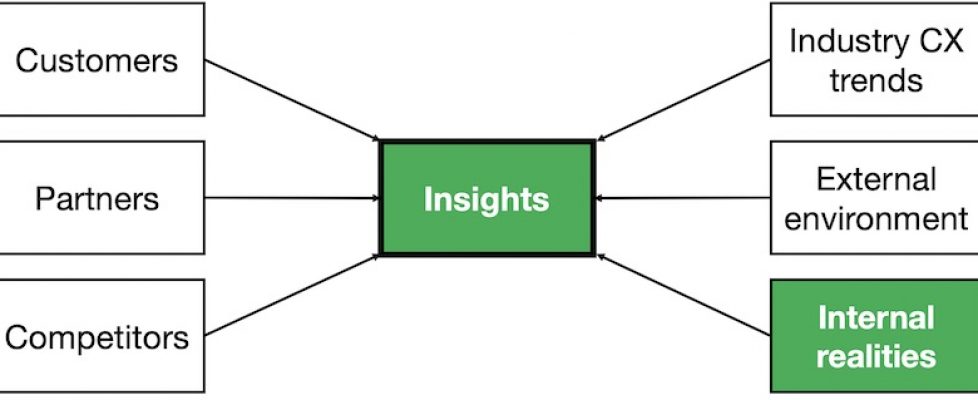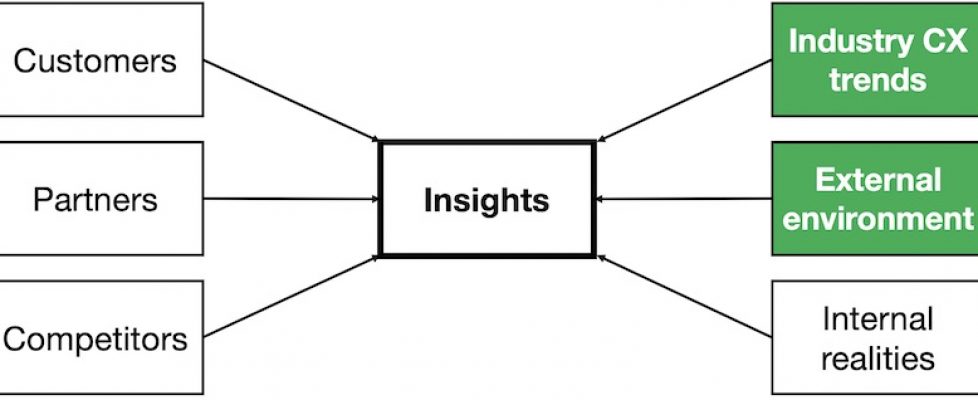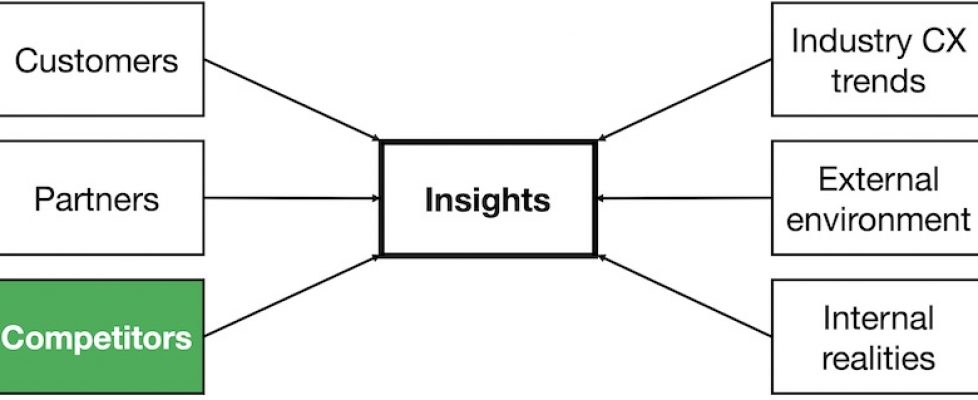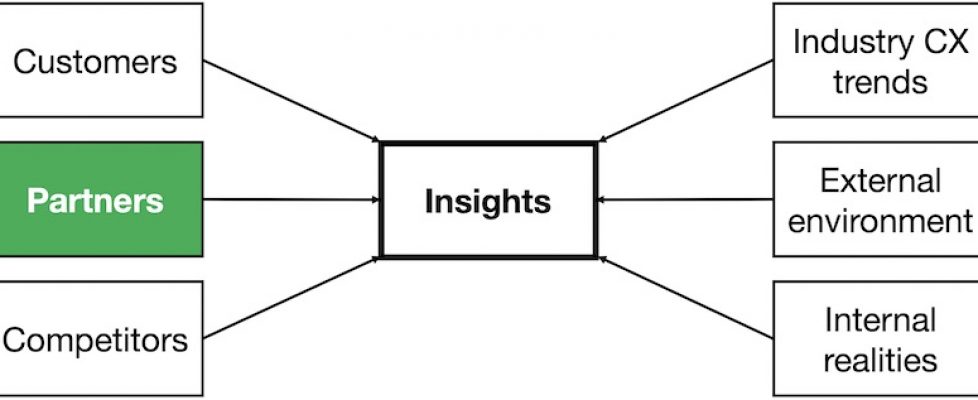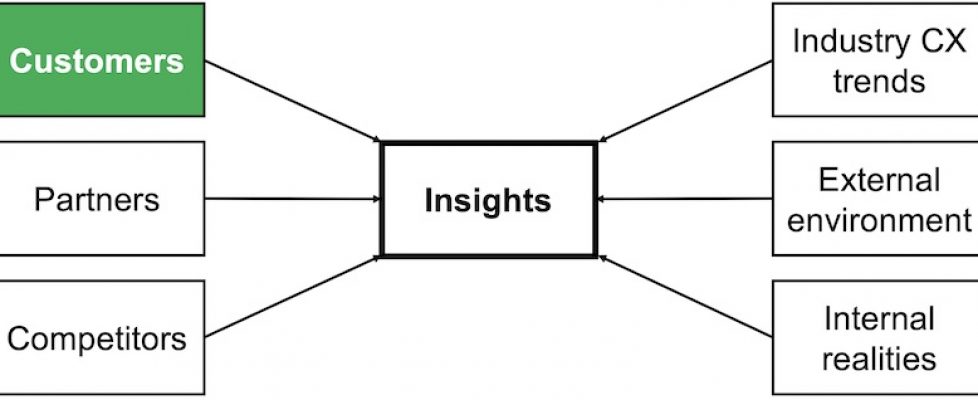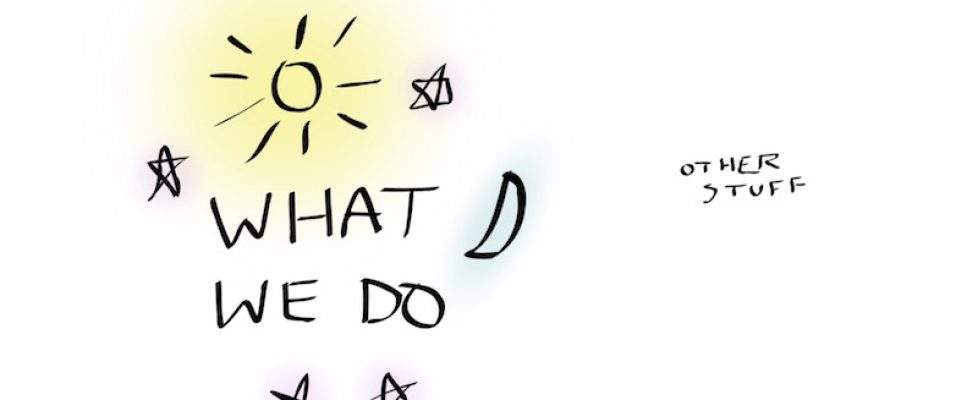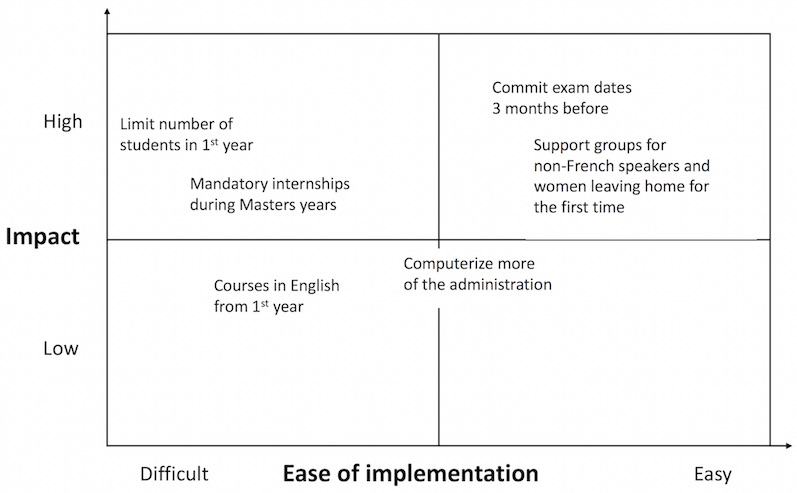The plural of ‘anecdote’ is ’emotion’ – You can use this for good or for evil
Some time ago I wrote a short article suggesting that The plural of the word ‘anecdote’ is not ‘science’. My point was that just because a lot of people have their own personal stories about a subject does not make what they are saying true. Take the example of nutrition advice that follows a common formula, “I have been taking ten times the daily recommended amount of Vitamin D and have not had a cold for over five years. My sister and her best friend have found the same thing. Vitamin D is ‘the sunshine vitamin’. Everyone knows that we get far fewer colds in the summer than in the winter. Vitamin D is the reason why. Click here to buy my Vitamin D supplements with added iron and jubjub berries, which are essential anti-oxidants.”
I am sure you have seen lots of anecdote-based advertising like this. If twenty people all say vitamin D supplements prevent colds, does that make it into science? I hope you will agree the answer is no.
This happens in business settings too
The same phenomenon arises frequently when businesses are developing their long-term strategies, and indeed when they are deciding how to deploy resources in the short term. Your CEO goes to see a customer who has a particular problem with your product or service. The CEO only sees a couple of customers a month and comes back believing that because one customer told him/her that this was an issue, it is indeed a critical issue. The CEO may also have committed to the customer that the issue will be fixed as soon as possible. Major projects must be stopped and resources reallocated until the problem goes away. I wish I were fantasizing, but I have seen it first-hand a number of times.
It would be nice to think that your customer experience leader or another executive could approach the CEO and provide a list of the top five customer issues that you have learned about through research. You may even be able to list the three strategic initiatives that you have under way to address the problems. For some reason that won’t matter. The anecdote has become science in the CEO’s mind.
Daniel Kahneman’s work
While I say that your efforts to provide data won’t matter ‘for some reason’, what I mean is that they won’t matter for a specific well-understood reason. That reason has been documented by the Nobel-winning behavioral economist Daniel Kahneman in his book Thinking, Fast and Slow. He describes two ways our brains function in terms of two systems:
- System 1 is intuitive, emotional, and quick to act.
- System 2 is rational, scientific, and relatively slow to act.
- And… if System 1 has jumped to a conclusion, System 2 will not engage at all.
French study on organic food as an example
If you Google “French study shows that eating organic reduces cancer risk by 25%” you should find a lot of links to articles on the topic. Indeed, you will find so many links that you might think that it is true. You would be absolutely certain that this is what the French study said.
What the study (which I have read) actually says is that a group of almost 70,000 people who lived particularly healthy lifestyles and also ate organic food had a cancer incidence that was 25% lower than that of the general population over the four-year period of the study. For example, the study group had 15.7% of ‘current smokers’, compared to an average of 31.8% in France as a whole. They also drank less alcohol and exercised more than average. I don’t find it at all surprising that they had far fewer cases of cancer. How much of this was due to organic food? The authors suggest that it had no effect for most of the observed cancers, and may have had an effect for two types of cancer. They also acknowledge that a much larger and randomized UK study of a million people did not show any positive effect of organic food consumption on the incidence of cancer.
The plural of ‘anecdote’ is ’emotion’
None of the facts make any difference. The 25% anecdote has passed into the folklore of the organic food and nutrition communities. In two of the three Swiss cases where the 25% cancer reduction story has been published, my attempts to provide the actual data have been rebuffed. The answer given is “So many sources are saying the 25% story is true that you must be wrong.”
The point here is that the many anecdotes have grouped together to create an emotion about a particular topic. System 1 has reached its conclusion. System 2 is not welcome.
Use this for good in your business
So, you can now use this information for good or for evil. If you have science-based facts that you want to promote, come up with some human stories that will help. If you work at a security software company and want to ask for funding for a particular project, make sure you have your data and add a human-interest story like this:
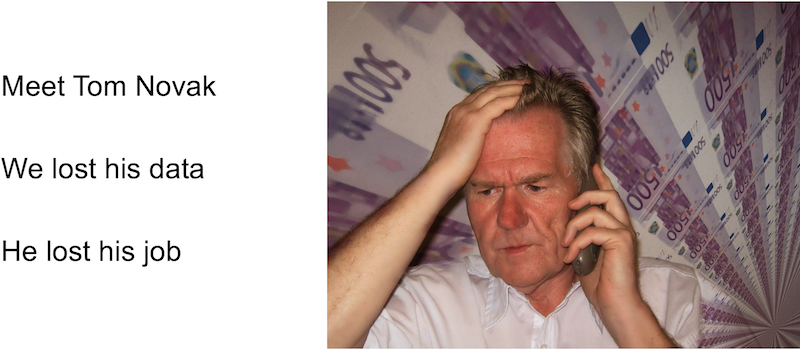
Or you can use it for evil
On the other hand, if one of your colleagues, or perhaps a political opponent, has science-based facts that are inconvenient to you, don’t push back on the science. Simply come up with a human-interest anecdote that supports a different direction. This is easy in politics.
Let’s take the example of immigration. In most countries the immigrant population commits far few crimes than the native population. If you are in one of these countries and want to promote anti-immigration legislation you simply come up with a story about your neighbour who was attacked by an immigrant. The story does not even have to be true. You simply imply that all immigrants from your target country are dangerous. “A woman down the road was attacked by a teenager from Outer Slobavia last week. The Outer Slobavians are all dangerous criminals and we need to keep them out of our country.” It does not matter what the data says. Evil, eh? [You can’t hear me practicing my evil laugh here.] And yes, I am sure you can work out how to use this general principle in a business setting.
Conclusion
I have to work on an email to the producers of a Swiss TV program that has been announced for January 8th. As far as I can tell from the trailer, the anti-GMO journalist is going to show a documentary about cotton production in India. I think the information will be based on an entirely false story that the Indian anti-GMO activist Vandana Shiva started to spread about 15 years ago. She says that GMO cotton, specifically a variety that is resistant to bollworm attacks, has been responsible for a large part of the 270,000 suicides there have been among Indian farmers since 1995.
Yes, it is tragic that farmer suicides represent 10% of the total suicides in India since 1995, but there are many holes in the story. For example, the GMO cotton in question was introduced in 2002, requires far less pesticide use, and has a much better ROI than non-GMO cotton in India. My challenge is that her argument can be summarized in three System 1 words, “GMO Suicide Seeds”, and I only have a System 2 rebuttal. Ideas on how to condense it into a System 1 summary are welcome. Contact me by email if you have any ideas.
Remember that our books still make great holiday and New Year’s Day presents! All of our books are available in paperback and Kindle formats from Amazon stores worldwide.

